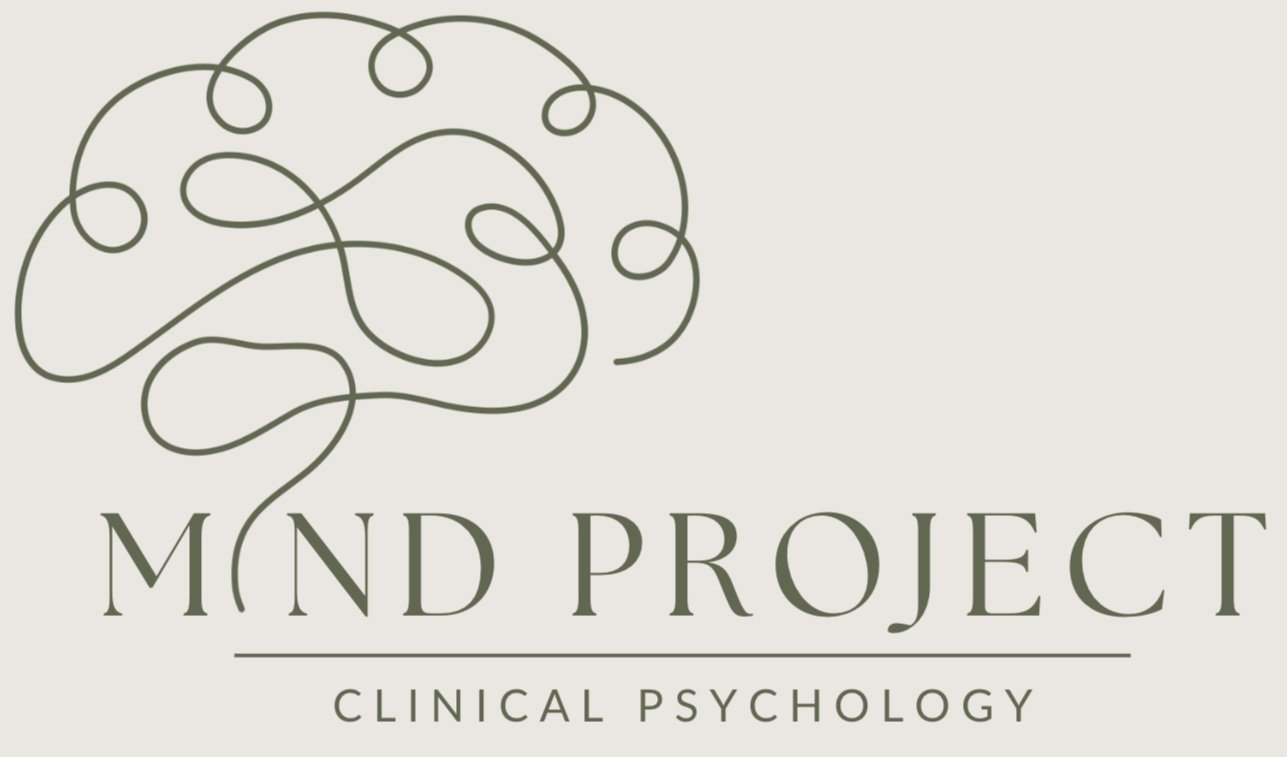The Function of Emotions.
Emotions are universal, biologically hard-wired, and ultimately unavoidable. But why do we even have emotions in the first place? Sure, happiness is okay, but what about all those pesky unpleasant ones like sadness, guilt, shame, anxiety ect (you know the ones)…
Well, turns out emotions serve three important functions.
Function 1: Motivate Behaviour
Emotions prepare us for action – quickly, automatically, and without deliberation. We see our toddler running towards the road: we respond. We don’t need to think about it, we just do it.
Emotions provide a drive, an urge, an impetus to adapt to a situation. Have an upcoming exam? Anxiety may very well drive you to study. Somebody picking on your friend? Anger may very well urge you to stand up and say something. Have a newborn child? Love will give you a natural, inbuilt impetus to nurture and care for your infant.
Function 2: Communicate to (and Influence) Others
We communicate verbally and non-verbally (facial expressions, gestures, posture ect). Emotions influence both. If we’re sad, we might cry – and this might influence people to offer support. If we’re angry, we might raise our voice and frown – this might influence people to listen up. If we’re feeling guilty, we might lower our head and avoid eye contact – this may very well be exactly the sort of behaviour that inspires people to forgive.
Function 3: Communicates information to Ourselves
Emotions provide information - they communicate to us. They’re a signal that something is going on. Feeling sad? Perhaps there is a loss. Feeling guilty? Perhaps, you’ve done something wrong? Afraid? Perhaps there is a threat. Attending to our emotions is self-validating and can allow us to respond effectively.
“But what if my emotions are out of whack?” I hear you say. “My emotions are too strong to they are completely at odds with the situations.”
Well, thankfully, there are a host of skills, strategies, and therapies scientifically proven to assist with emotional issues. Stay tuned for future blogs on Emotional Regulation.
